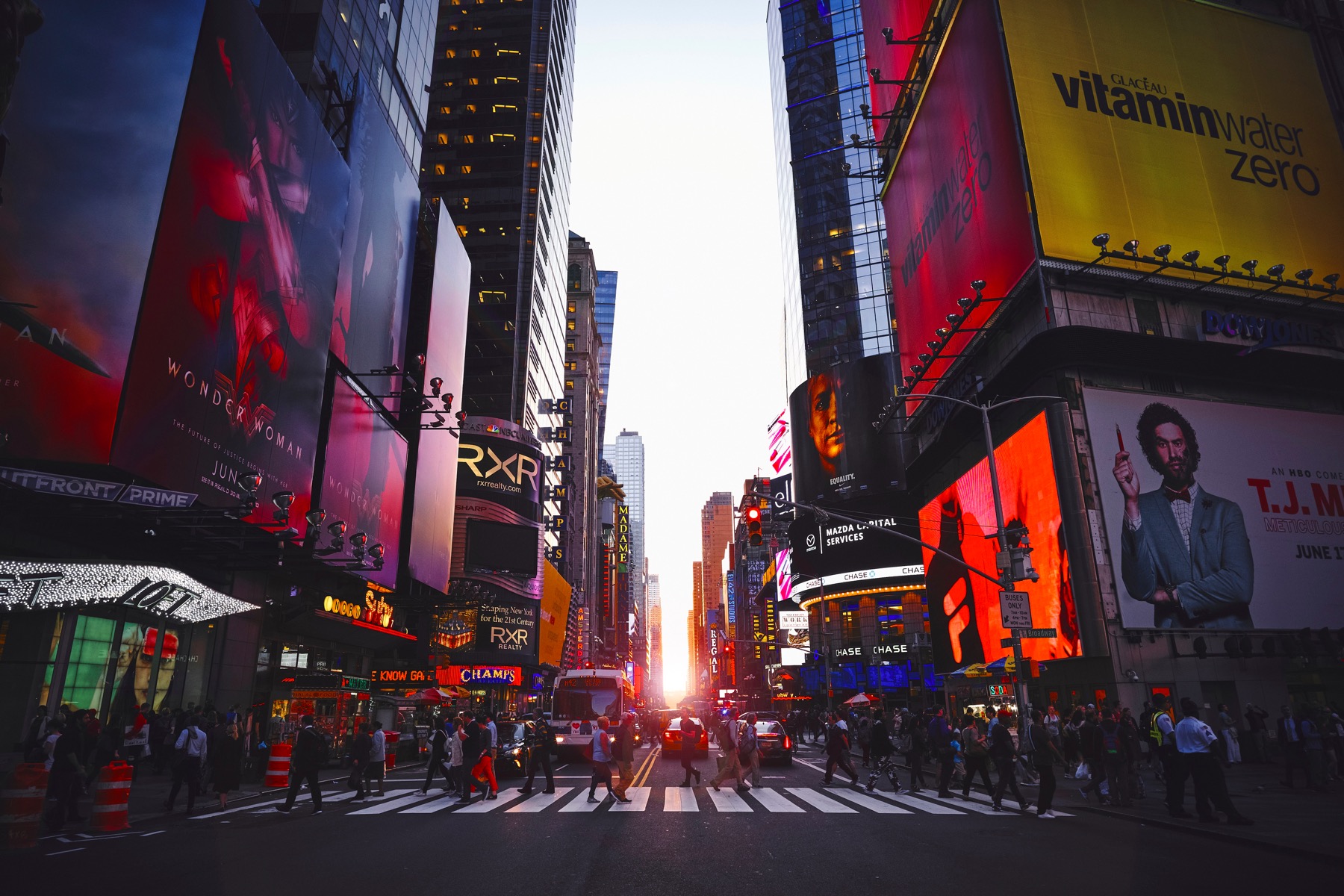
AI-generated summary
Smart cities represent the future of sustainable urban living, but their success depends on more than just technology. While information and communication technologies (ICT) have dominated discussions on smart cities in recent decades, truly smart cities prioritize smart governance and active citizen participation. Initiatives like Réinventer Paris and the remodeling of Decide Plaza España in Madrid demonstrate the importance of involving communities in urban planning, though challenges remain in ensuring ongoing and meaningful engagement beyond initial stages. Ultimately, the well-being of a city’s inhabitants must be central to its development.
Measuring how smart a city is involves various indicators beyond technology, including quality of life, mobility, social cohesion, and environmental stewardship. Comprehensive rankings, such as the IESE Cities in Motion Index, assess cities based on 101 key performance indicators spanning environment, transport, talent, economy, social equity, governance, urban planning, and technology—with technology playing a smaller role than often assumed. Historical mistakes show that relying solely on technological solutions can be counterproductive, as seen in expanded highways leading to more congestion and predictive policing algorithms disproportionately targeting marginalized communities. These examples underscore the need for a balanced, human-centered approach where technology supports but does not replace smart governance and citizen involvement.
Often too focused on technology, what makes a smart city is smart government and citizens
Often too focused on technology, what makes a city smart is smart government and citizens.
Smart cities are the future of sustainable urban settlements. Although in recent decades technology has marked the ICT-driven agenda of smart cities, the truth is that there are other essential elements for a city to achieve “smart” status: listening to people and providing space for citizen participation.
In fact, this is how the urban planning project Réinventer Paris was initiated in 2014 or the remodeling of Decide Plaza España in Madrid in 2016, ‘from the bottom up’ and listening to citizens. Although in both cases, criticism focuses on waiting times and limiting the presence of community voices to the early stages. The success of cities depends not only on technology, but also on keeping people in mind.
How smart are smart cities?
There are a myriad ways to measure quality of life and smartness of human settlements, often done through benchmarks and rankings that determine how smart a smart city is compared to one that is perhaps less so.
‘IMD Smart City Index’ focuses on mobility, CIA Landlord on youthful desire, ‘Quality of Living Ranking‘ is based on quality of life, ‘Urban Work Life Index’ on quality of work, and so on. But perhaps the most comprehensive ranking is presented by the ‘IESE Cities in Motion Index’, which has 101 KPIs in areas such as:
- the environment and its stewardship, focusing on the protection of spaces, ecological restoration and naturalization;
- mobility and sustainable transport, with a focus on mass public transport and high-density urban planning;
- international projection or global relevance;
- human capital, also called “talent”, both its own and captured;
- the economy, in all its forms, including art and education;
- social cohesion, with a focus on eliminating gaps between neighborhoods and reducing urban barriers;
- smart governance, which requires citizen participation, an essential part of projects such as Reinventing Cities, a C40 Cities project in the wake of Réinventer Paris, five years on;
- urban planning, which is more important than is often believed, especially in terms of social cohesion, bridging gaps and environmental impact;
- and finally technology, less important than it seems.
Applying technology alone has been a historical mistake
Sometimes technology overrides people, literally. For example, it is common for highways to be widened because they have reached their maximum capacity, which always results in more traffic and, paradoxically, more traffic jams, pollution and environmental impact. Technology alone does not necessarily solve anything.
The best-known example is the use of ‘pre-crime’ (crime prediction) technology using algorithms and historical data. The result, time and again since the first pilots in 2010, is the re-victimization of low-income neighborhoods, with a focus on minorities. In both examples, a more humane approach is needed.
